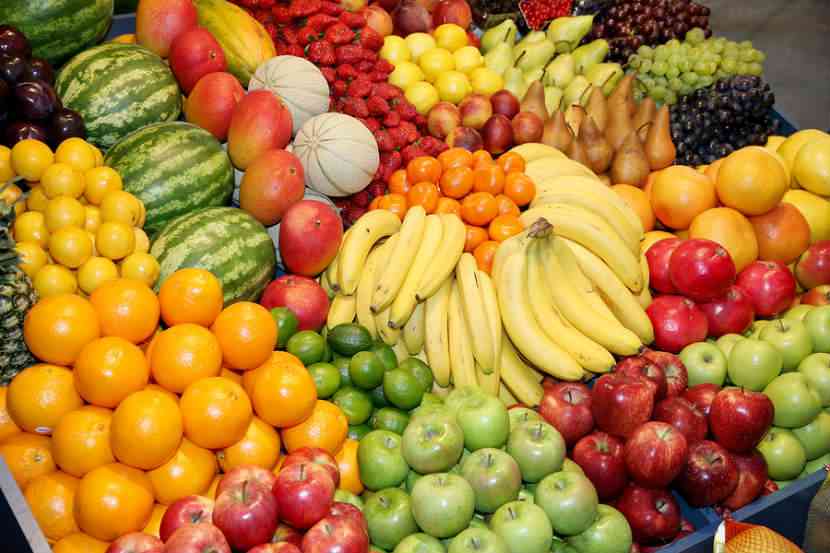
FARMERS have raised concern about the shortage of storage facilities at markets across the country, resulting in the majority of their perishable goods being thrown away after going bad.
Small-scale farmers have been losing money, particularly on fruits and vegetables due to the overabundance of perishables compared to the low disposable income of consumers.
Knowledge Transfer Africa (eMkambo) chief executive officer Charles Dhewa told Standardbusiness that lack of storage facilities was costing farmers.
“There is also a need for storage facilities at the markets. Simple things like warehouses where perishables can be stored are not there at the markets,” Dhewa said.
“Value addition is secondary. What we need are storage places where we can store our fruits and vegetables for a few days before they are sold.”
Dhewa also said farmers were experiencing losses during the transportation of the crops from the farm to the market.
“The things that you see in these markets where we see some losses and some products being thrown away, it is not a common occurrence really, but the biggest losses happen from the farm to the marketplace as well as economic losses where farmers would spend hours just trading a few commodities,” he said.
“In terms of the cause of these losses, it shows how broken our supply chains are. As a country, there is just too much focus on production.
- Water crisis worry Gokwe elderly
- Water crisis worry Gokwe elderly
- Where does agriculture begin and end?
- Kenya lifts ban on genetically
Keep Reading
“I think you notice that we have so many agronomists and extension officers, but we do not have equivalent expertise in logistics and market cohort.”
He added: “People do not know how these things should be carried out, how food should be preserved, or packaged.
“Should we be using wooden crates in this day and age?
“When we are throwing away food, we are throwing away all the inputs that we put in, the effort; we are just throwing away money.”
Dhewa said there was a need to close the knowledge gap between production and the market as the supply chains in the agriculture sector are broken.
He urged the government to utilise the knowledge that comes with recent graduates to conduct market research on the best way of handling packaging, preservation, and transport logistics to avoid losses, especially for small-scale farmers.
“This speaks to the knowledge gaps from production to the market. Where are the graduates who are coming from universities and colleges?
“They should be researching the best way of handling packaging, preservation, and transport logistics to avoid these kinds of losses,” he said.
“The government should be able to assist in closing these gaps in knowledge by investing in these graduates.
“We need to understand the skills that are needed from the production to the market.”
Zimbabwe Commercial Farmers Union president Shadreck Makombe said losses were beyond the control of the farmers as middlemen commonly known as makoronyera usually buy their products at very low prices, creating an oversupply in the market.
“It is true that if you go to most marketing places in Harare, like Mbare and Chikwanha, and even to other towns, there are a lot of dumpsites where most of the perishable crops are being dumped,” Makombe said.
“We are urging the authorities to bring in security to protect the farmers.
“On the other hand, farmers make the mistake of farming and producing their crops at one go, so you would find out that when it is time to harvest, everything ripens at the same time.
He added: “Our market is dwindling because our customers do not have adequate purchasing power.
“So, as much as they would want these perishables, they would not even match up with the supply.
“Most of these crops have a short shelf life, so they end up being dumped.”
He also urged the vendors in the markets to exercise cleanliness as the sanitary conditions at the markets, especially in Mbare tend to discourage consumers from buying.
“What is needed is for the markets to be well-structured, moreover encouraging the farmers to be more organised at their marketplaces,” he said.
“When we have well-established markets, this would then be easy to create value-addition programmes like making tomato puree, and tomato sauce, in the case of tomatoes. Other products can be canned.”










